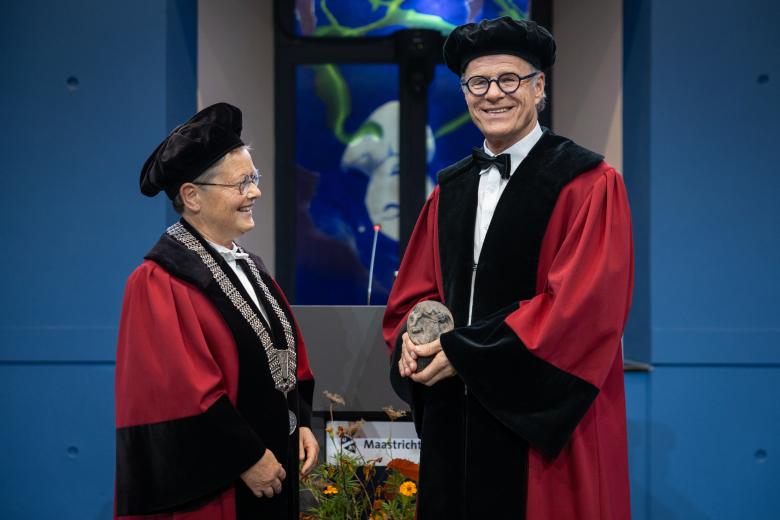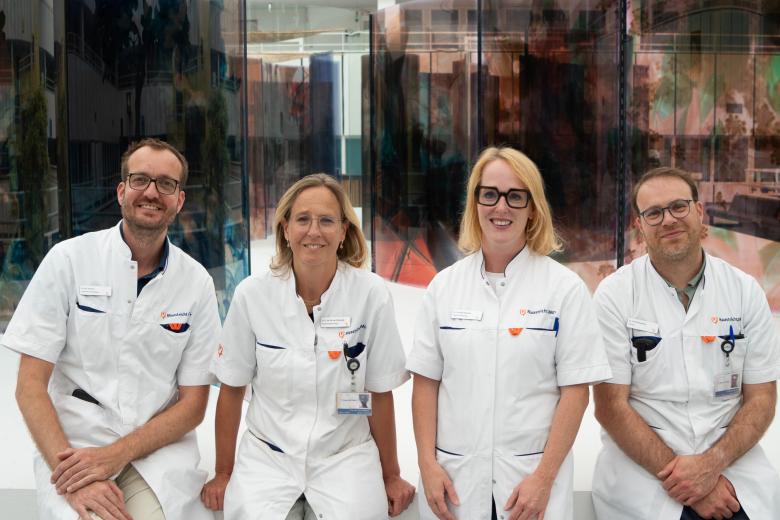Also fewer HPV infections in unvaccinated women
In men and women, infection with the human papilloma virus (HPV) can lead to cancer, cervical cancer being the most common. Since 2009, HPV vaccination has been offered to girls in the Netherlands. The vaccine that is used is directed against the two HPV types that cause the most cancer; types 16 and 18. Petra Woestenberg investigated the effects of the HPV vaccination programme in the Netherlands and concluded that HPV vaccination is very effective in protecting against HPV infection. Not only does the vaccine protect well against types 16 and 18, there is also protection against other HPV types that can cause cancer. In addition, the results indicate that herd protection is realized, which also reduces the incidence of HPV in unvaccinated patients by importing vaccination. Petra Woestenberg obtained her PhD with the Cum Laude predicate.
Also read
-
Professor Frederik-Jan van Schooten receives MUMC+ honorary medal
Frederik-Jan receives the medal for his exceptional contributions to early detection of diseases and a safer living environment.

-
WHO designates two CAPHRI centres as new Collaborating Centres for Public Health Leadership and Workforce Development
With these centres, WHO wants to advance the professionalisation and competencies of the public health workforce.

-
From research to improvements in patient care: Translate2Clinic Fellowship
Four medical specialists translate fundamental research into improvements for patients.
